About our Gastroenterologist
Dr Kenneth Koo
Senior Consultant Gastroenterologist
Gleneagles Medical Centre
- MBBS
- M Med (Int Med)
- MRCP (UK)
- FRCP (Edin)
Dr Kenneth Koo is an experienced gastroenterologist with more than 20 years’ experience and is well trained in managing all types of digestive and liver conditions.
Prior to joining private practise, Dr Kenneth Koo was Director of Gastroenterology and Senior consultant at Ng Teng Fong General Hospital. An integral member of the team which transitioned from Alexander Hospital to Ng Teng Fong General Hospital in 2015, he was responsible for overseeing all aspects of the gastroenterology division including the growth, development and governance.
Dedication to his patients and clinical practise can be seen from several service quality awards obtained over the years.





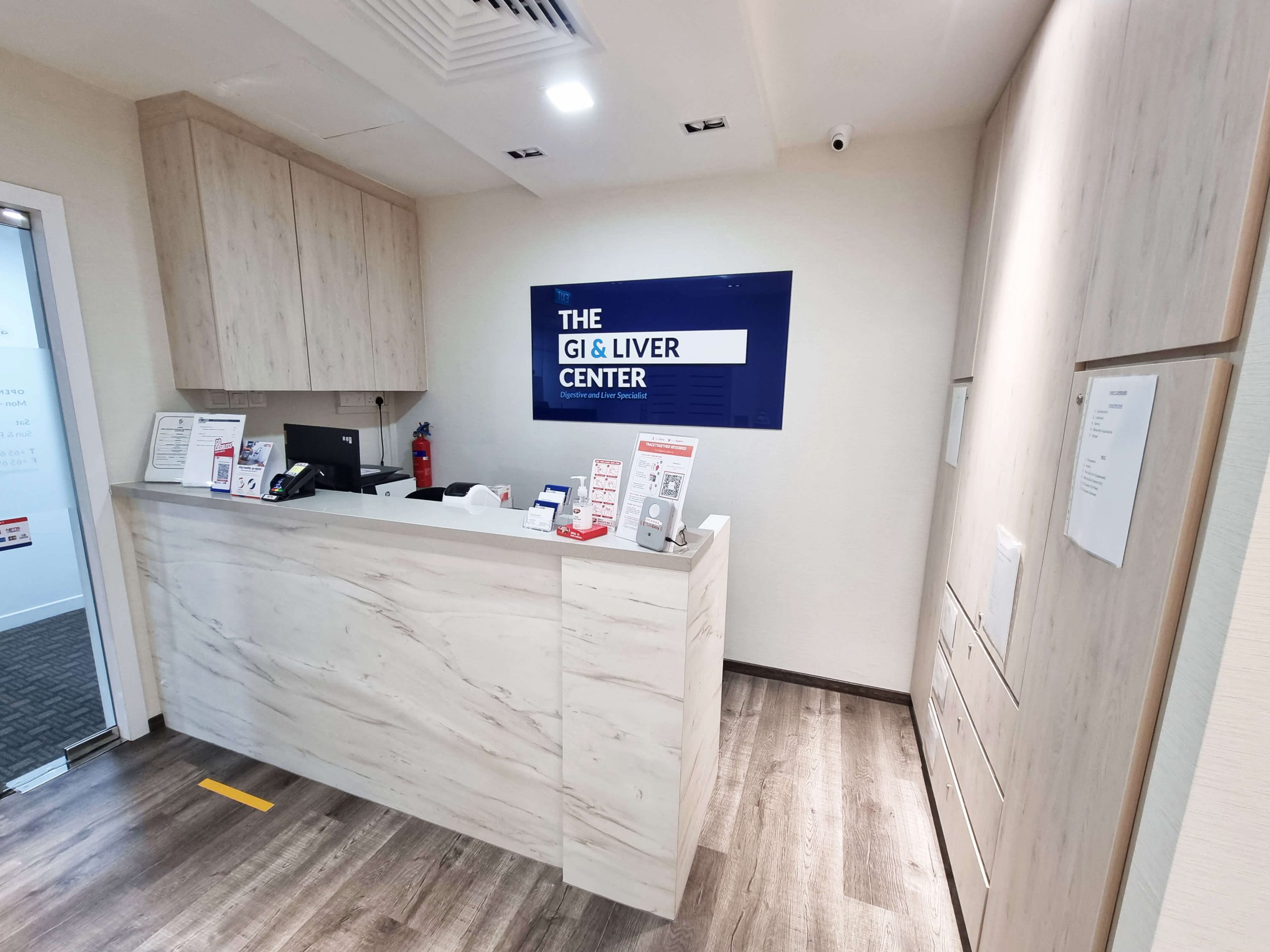
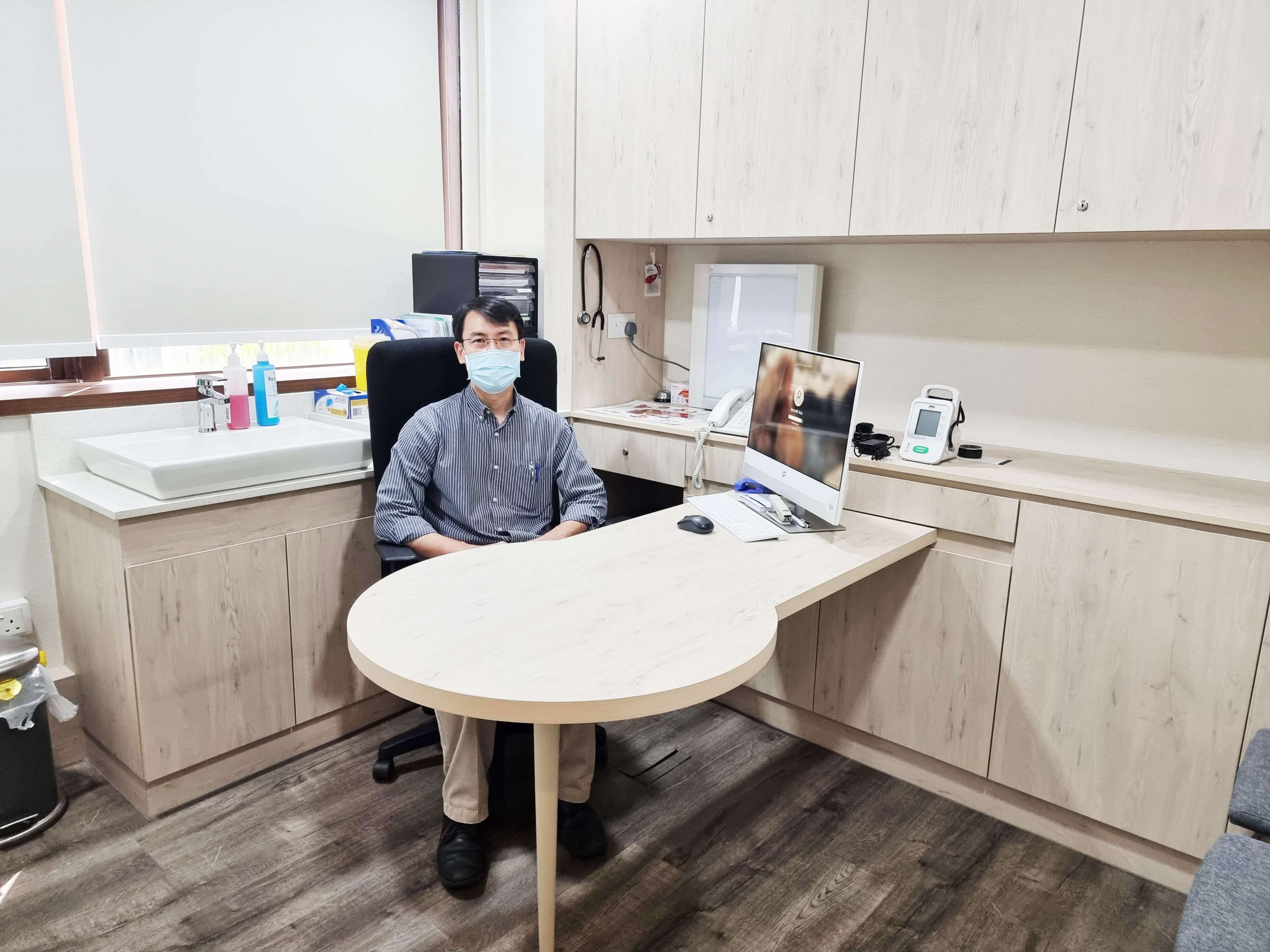
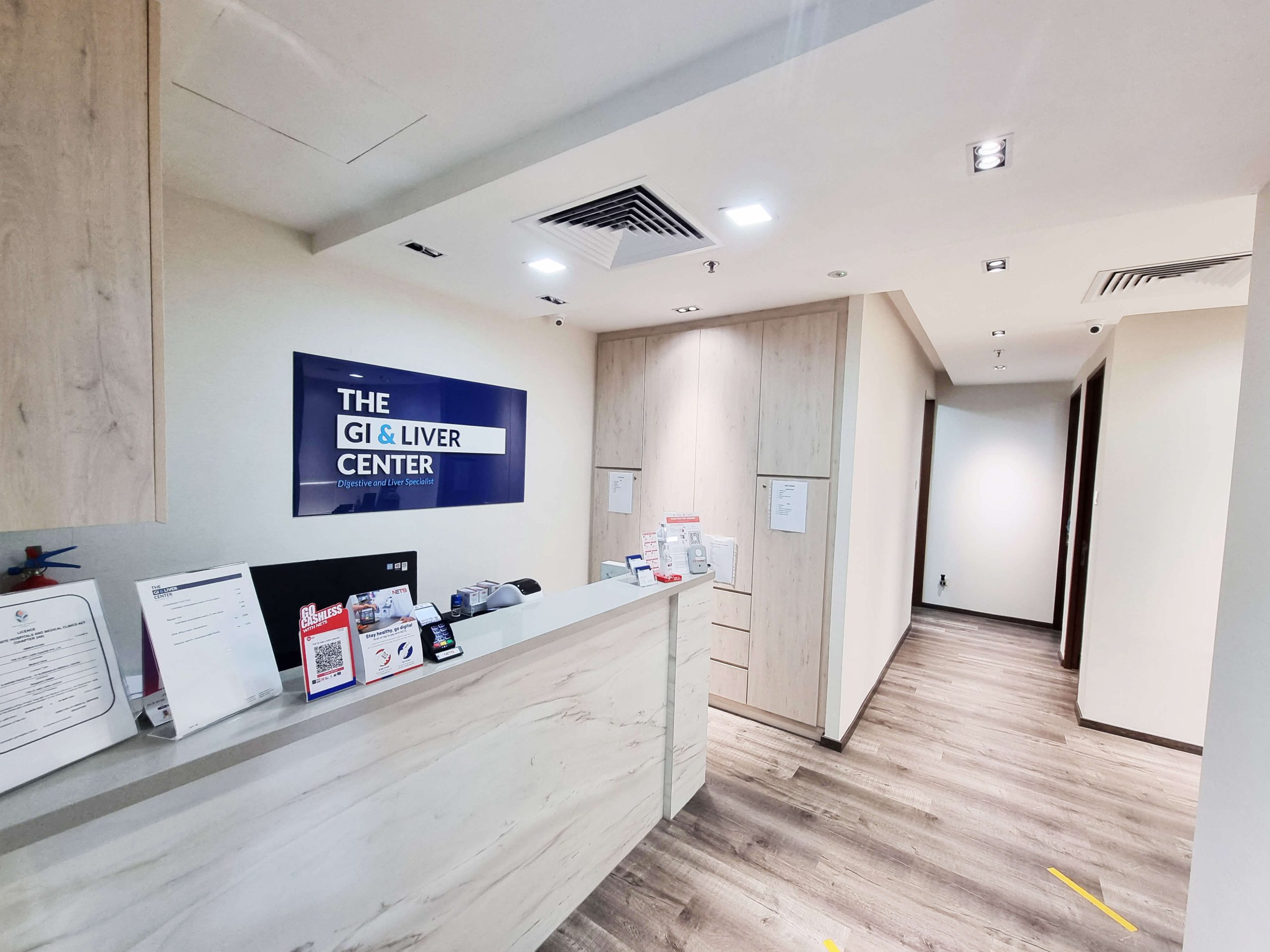
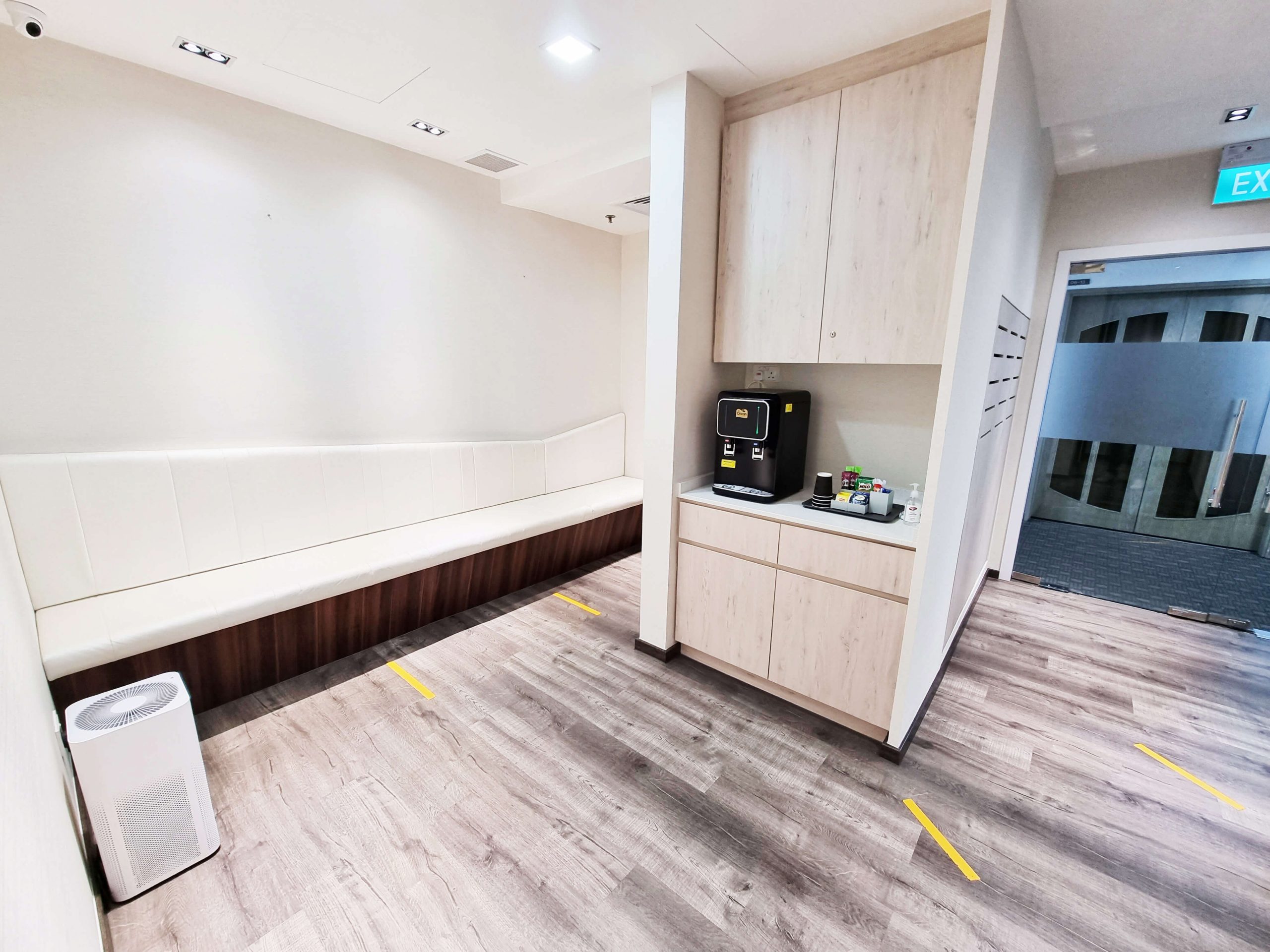
.png)

